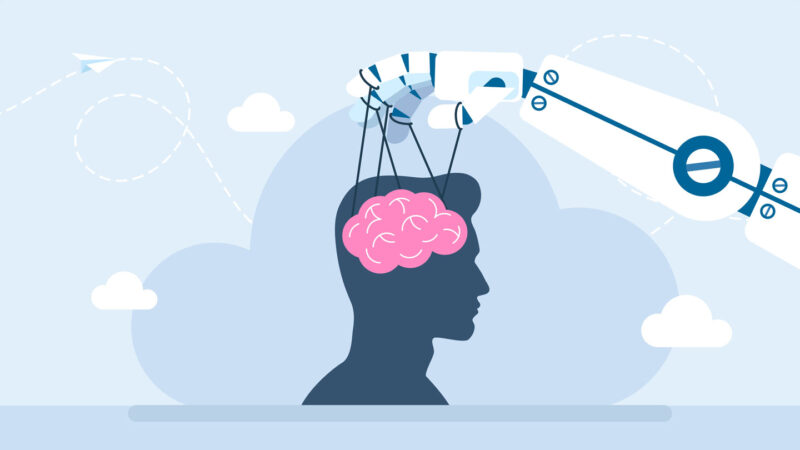During this summer, a team of students from MIT embarked on a journey to the sou …
AI Observes Video Game to Develop Human Influence Skills
Carlos Changemaker

Team cooking requires coordination, from chopping to mixing ingredients. How would a robot handle this teamwork challenge? A recent study sheds light on this question.
An experiment with artificial intelligence (AI) involved observing players engage in the game Overcooked. The AI not only mastered the game but also learned how to encourage its human partners to make better decisions.
Research findings from last December were unveiled at the Neural Information Processing Systems meeting in New Orleans, La.
The study addresses a key issue: how AI can influence human decision-making. Stefanos Nikolaidis, an expert in interactive robots at the University of Southern California, emphasizes the importance of understanding AI’s impact on human choices.
As humans increasingly collaborate with AI, the ability to evaluate and potentially control AI’s influence on decision-making becomes crucial.
Investigating how AI can affect human decision-making is essential in this evolving landscape.
Insight through Observation
The University of California, Berkeley group taught AI to play Overcooked, a cooperative cooking video game. The AI models were trained using data collected from human players and were instructed in various ways to play the game.
The training methods ranged from mimicking human players to using offline reinforcement learning (RL). Offline RL enabled AI to learn from human gameplay and improve its performance beyond human levels.
Exploring AI Influence
In the game scenarios tested, AIs trained with offline RL outperformed other AI training methods, showcasing their ability to strategically influence human teammates in-game. The AI’s placements of dishes to signal strategies were key to their success.
The ability of AI to guide human decision-making beyond single actions was examined by modifying the AI models to consider the partner’s past actions. This enhanced model achieved better game outcomes by understanding and influencing its partner’s overall game plan.
Influence and Ethics
The study’s insights into AI’s influencing capabilities raise ethical considerations. While AI can facilitate decision-making, there is a risk of unwanted manipulation. Understanding and regulating AI’s influence on human behavior remain critical challenges, as AI gains more prominence in various domains.
The potential for AI to guide and nudge human decisions presents a dual-edged sword, offering support but also raising concerns about unwanted control. Balancing AI’s assistance with human autonomy is a key area for future research and development.


